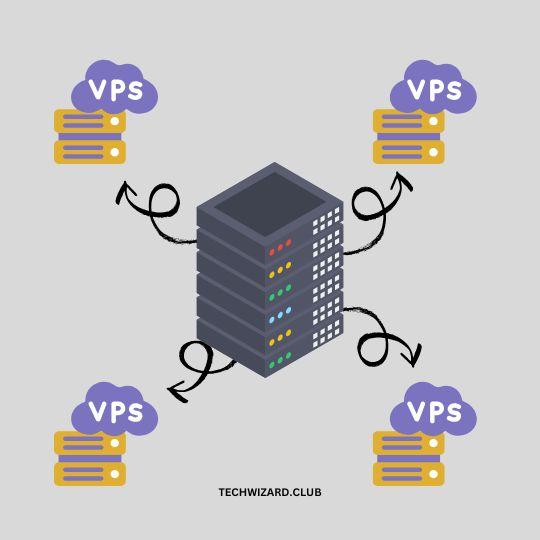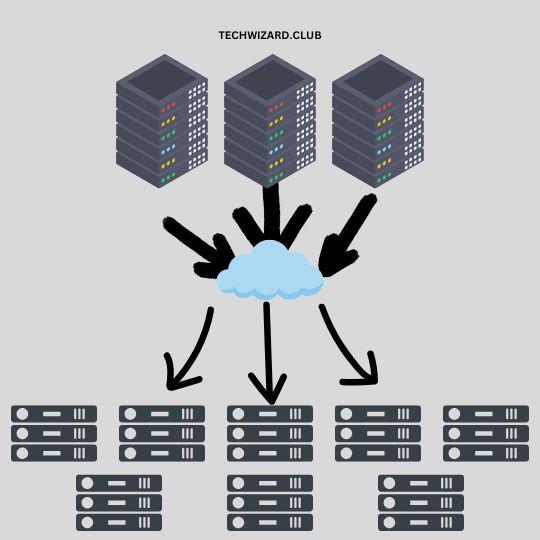
VPS vs. Cloud Servers: Understanding the Differences
November 23, 2024 · Nap
As businesses continue to migrate operations online, understanding the foundational elements of hosting technology becomes increasingly important. The terms VPS (Virtual Private Server) and cloud server frequently appear in discussions around hosting solutions, and while they might seem interchangeable, their technical differences can greatly impact how they serve your business needs. Let’s explore the contrasting features of these two hosting solutions.
Understanding VPS – The Foundation of Virtualization

Virtual Private Servers (VPS) have long been an integral part of the hosting landscape. They are built using virtualization technology, which divides a physical server’s resources—such as CPU cores, RAM, and disk space—among multiple clients. This isolated environment gives users a dedicated slice of server capabilities, enhancing privacy and performance stability.
In a traditional VPS setup, the resources are capped by the capacity of the physical server. While this offers reliability, it can limit scalability. If your business needs increase significantly, you may encounter restrictions in upping resources due to the finite nature of the underlying hardware. However, many companies rely on VPS hosting for its predictable expense and resource allocation, which can make it more affordable for stable, small-to-mid-scale operations.
Cloud Servers – The Dynamic Powerhouses

Cloud servers, on the other hand, embody flexibility and scalability. Operating on a network of interconnected servers, a cloud server draws resources from a vast pool, effectively providing almost limitless potential for growth. This architecture allows for seamless vertical scaling, enabling you to boost your server capacity with minimal interruption, which is invaluable in handling fluctuations in traffic or demand.
Financially, cloud servers offer a distinctive pay-as-you-go model. This variable cost structure might initially seem higher compared to a VPS due to its premium on flexibility and resource availability. However, the ability to adjust usage based on real-time needs can result in cost savings during periods of low demand, ultimately presenting a cost-efficient solution for businesses subject to unpredictable traffic surges.
Making the Choice – Evaluating Your Needs
When deciding between VPS and cloud servers, a clear understanding of your business requirements is crucial. A VPS offers a dedicated environment with presumed cost benefits, suited for businesses with consistent resource needs and predictable scaling. Its fixed-price model allows for straightforward budgeting, making it a viable option for setups where high availability and rapid scale are not immediate priorities.
Alternatively, cloud servers cater to modern businesses demanding adaptability and scalability. If rapid growth or resource-intensive applications are in your immediate plans, a cloud server could prove beneficial. By capitalizing on cloud’s scalable infrastructure, businesses driving innovation and anticipating variable workloads can manage their operations dynamically.
Ultimately, the choice between VPS and cloud servers depends on an organization’s specific needs. The clear-cut differences in scalability and cost structure play a pivotal role in determining the fit of each hosting type for your infrastructure demands. Whether leveraging the reliable allocation of a VPS or the expansive growth capabilities of a cloud server, each option offers distinct advantages depending on your unique operational requirements.